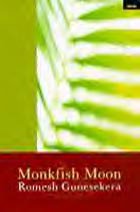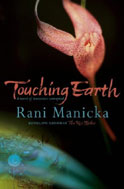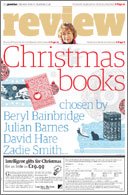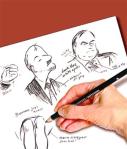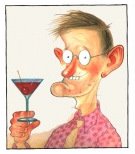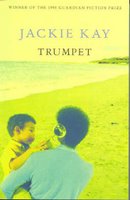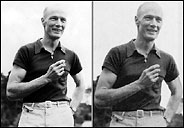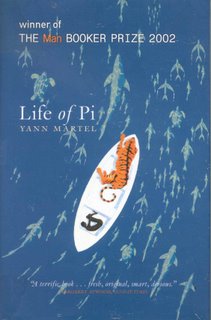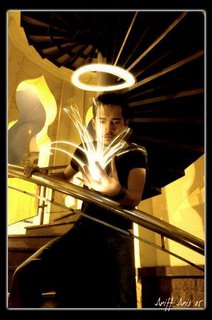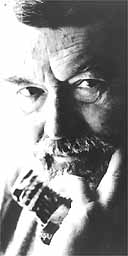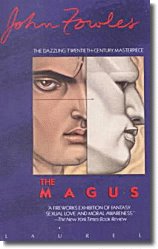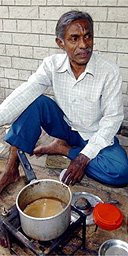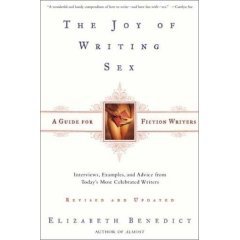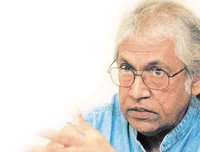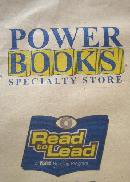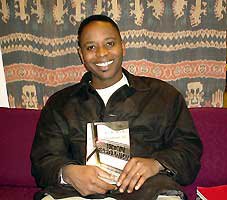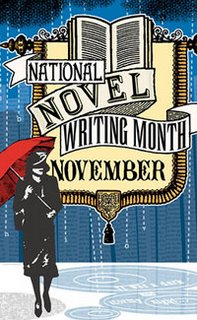 Are our bookshops squidgy enough? Yes, squidgy. You heard me right.
Are our bookshops squidgy enough? Yes, squidgy. You heard me right.Retail analayst Paul Smiddy is a London booklover who writes an occasional column for The Bookseller. He dispenses advice about how book shops can increase their profitability by enhancing the pleasurability of book buying and, at the same time, build customer loyalty.
And he wanders around British bookshops to see how they measure up, evaluating them according to his own squidgy rating to assess the ambience of the store. A bookshop should be somewhere where you want to linger and browse - otherwise why not just do your one-click stuff on Amazon?
He also mentions customer loyalty scemes which UK bookstores tend to be bad at ("...rarer than Ian Fleming first editions") unlike, I must say, Malaysian book retailers. (My purse won't close because of all the cards!)
A factor that seems to come into the equation in the Malaysian context is the wrapping of books in plastic. Wrap 'em and keep them clean at the expense of tempting readers to browse them, or have them unwrapped and be prepared to write off a certain proportion of your stock. That's the dilemma. Yes, you can go to the customer service desk to get them unwrapped, but how many of us bother? (Random Thoughts blogged about this the other day.)
I'm proposing a bibiobibuli award for Malaysia's squidgiest bookshop (based purely on ambience - not on the range of books they carry) and nominations are now open.
Sadly, Smiddy doesn't provide us with a copy of his rating scale. (If you google your name Mr. Smiddy and find yourself here by accident, please could you send us a copy?)
Here's my list of factors to take into account:
seating for browsersHave I missed anything?
flooring
general look of the place
temperature, light, smell, noise level
browsability of books
availability of coffee
attitude of security staff
Okay, your nominations please ...



